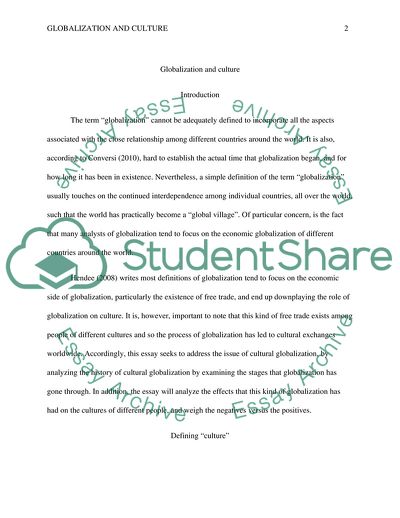Cite this document
(Globalization and Culture Essay Example | Topics and Well Written Essays - 2250 words, n.d.)
Globalization and Culture Essay Example | Topics and Well Written Essays - 2250 words. https://studentshare.org/politics/1802790-globalization-and-culture
Globalization and Culture Essay Example | Topics and Well Written Essays - 2250 words. https://studentshare.org/politics/1802790-globalization-and-culture
(Globalization and Culture Essay Example | Topics and Well Written Essays - 2250 Words)
Globalization and Culture Essay Example | Topics and Well Written Essays - 2250 Words. https://studentshare.org/politics/1802790-globalization-and-culture.
Globalization and Culture Essay Example | Topics and Well Written Essays - 2250 Words. https://studentshare.org/politics/1802790-globalization-and-culture.
“Globalization and Culture Essay Example | Topics and Well Written Essays - 2250 Words”. https://studentshare.org/politics/1802790-globalization-and-culture.


